
OR
Nepal succeeds to curb income inequality considerably: UNDP Report
Published On: December 22, 2023 08:30 AM NPT By: Republica | @RepublicaNepal
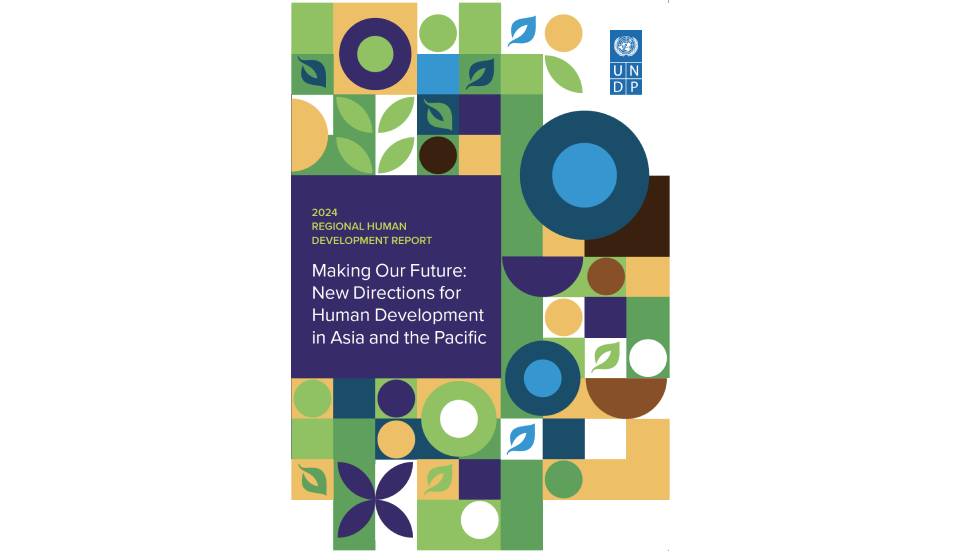
KATHMANDU, Dec 22: Although Nepal has instantly failed to realize economic benefits largely in the aftermath of the country’s transformation into a federal republic, it has been able to mitigate some of the major factors behind community vulnerability, the UNDP said in its latest report.
Launching the 2024 Regional Human Development Report, the United Nations Development Programme (UNDP) said Nepal’s metamorphosis into a federal republic following a decade-long civil war may not instantly produce substantial economic benefits. “But in making this consequential choice, the country mitigated some of the major factors behind community vulnerability, paving the way to heightened resilience, and this is eventually expected to translate into considerable development benefits,” reads the report.
The UNDP further praised Nepal for bringing in effective measures to curb income inequality. “The countries like Fiji, Kiribati, Nepal, Timor-Leste and the Maldives have managed to curb income inequality quite considerably.”
Recently, Nepal has also taken effective measures to minimize the inequality among women. The policy actions taken by the country to tackle the structural challenges that women and girls face are commendable, states the report. The enactment of Nepal’s Public Health Service Act 2018, prohibits discrimination against patients on the basis of sexual or gender identity.
The UNDP report acknowledges that Nepal has shown how merging cash transfers with livelihood support, and better financial access and health benefits, can help enhance resilience among vulnerable women. Using quotas through direct means such as reserved seats or legislated candidate quotas for women, the country has seen an increase in parliamentary and/or local government representation, although more remains to be done to reach parity, added the report.
More recently, Nepal has benefited from decentralizing some contingency planning to state and local governments. Remittances from the migrant workers are the economic lifeline of the country in which the share of remittance to GDP has surged to 24 percent, noted the report.
The UNDP in its report has mentioned that Asia and the Pacific, compared to other regions, have seen less pressure on public finances in the post-COVID period. However, even relatively resilient countries like Bangladesh and Nepal, have started facing fiscal constraints.
You May Like This
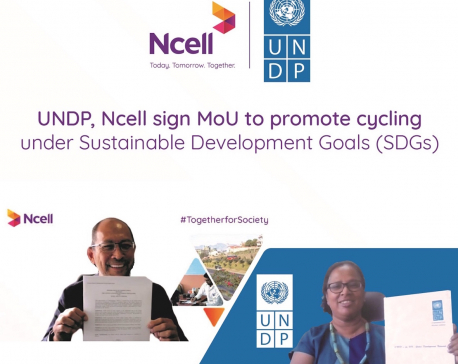
UNDP and Ncell partner for sustainable development in Nepal
KATHMANDU, June 5: The United Nations Development Programme (UNDP) and Ncell Axiata Limited have entered into a partnership to promote sustainable development solutions, including... Read More...
_20201014060614.jpg)
Nepal abstains from voting as UNHRC adopts resolution against Sri Lanka's human rights record
KATHMANDU, March 23: Nepal has chosen to abstain from voting in the United Nations Human Rights Council on a resolution... Read More...
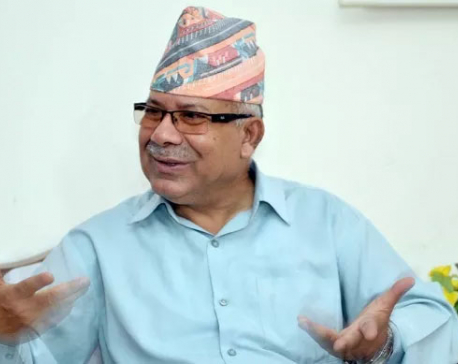
Party's name will be Nepal Communist Party after merger: Leader Nepal
KAILALI, Feb 9: CPN-UML leader Madhav Kumar Nepal said that the name of the new party after merger between CPN-UMLand... Read More...




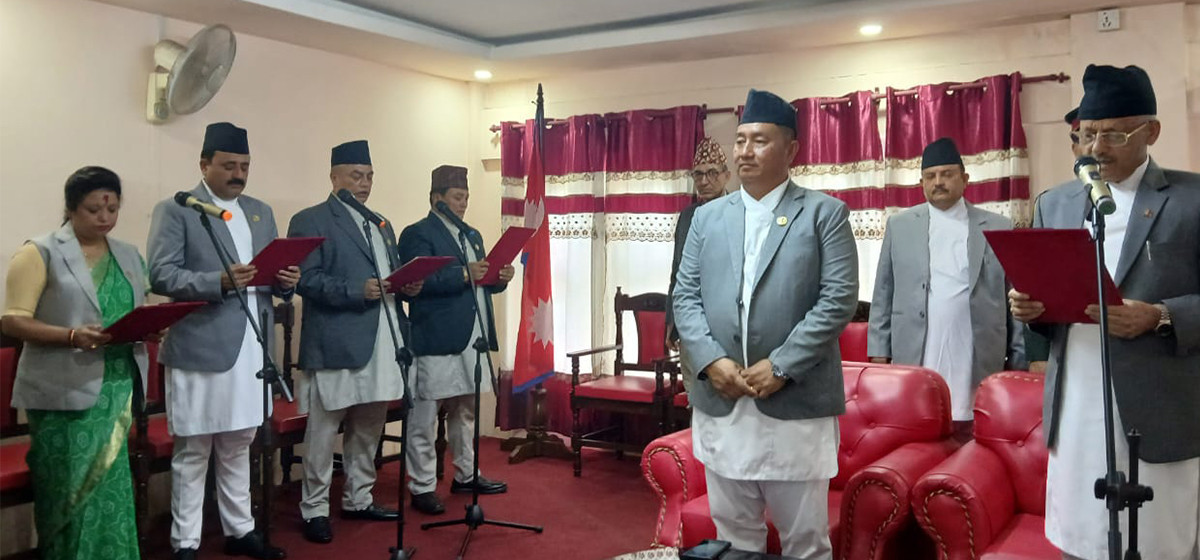
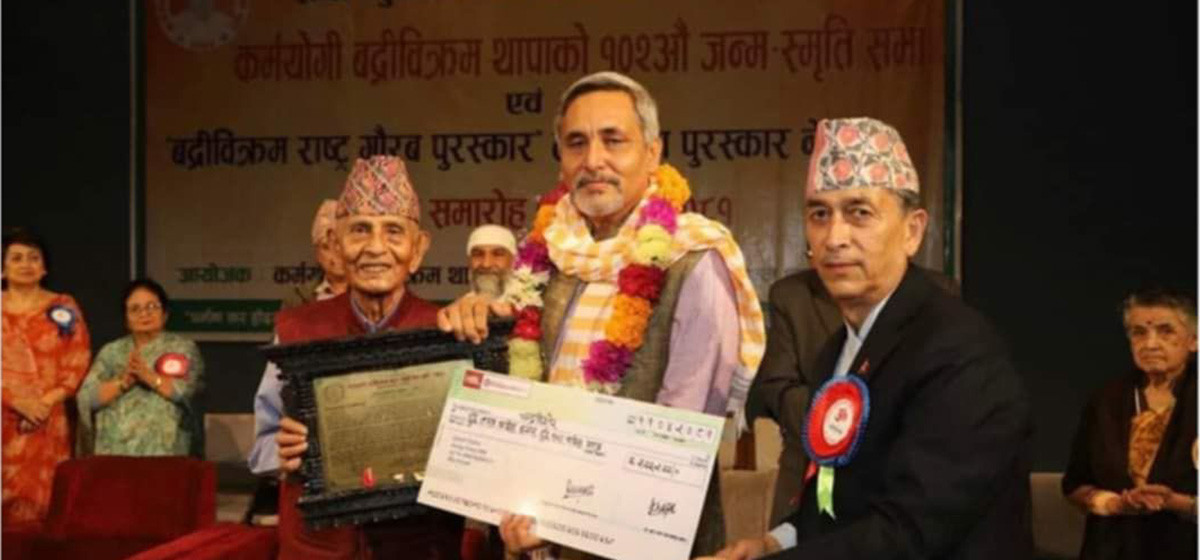
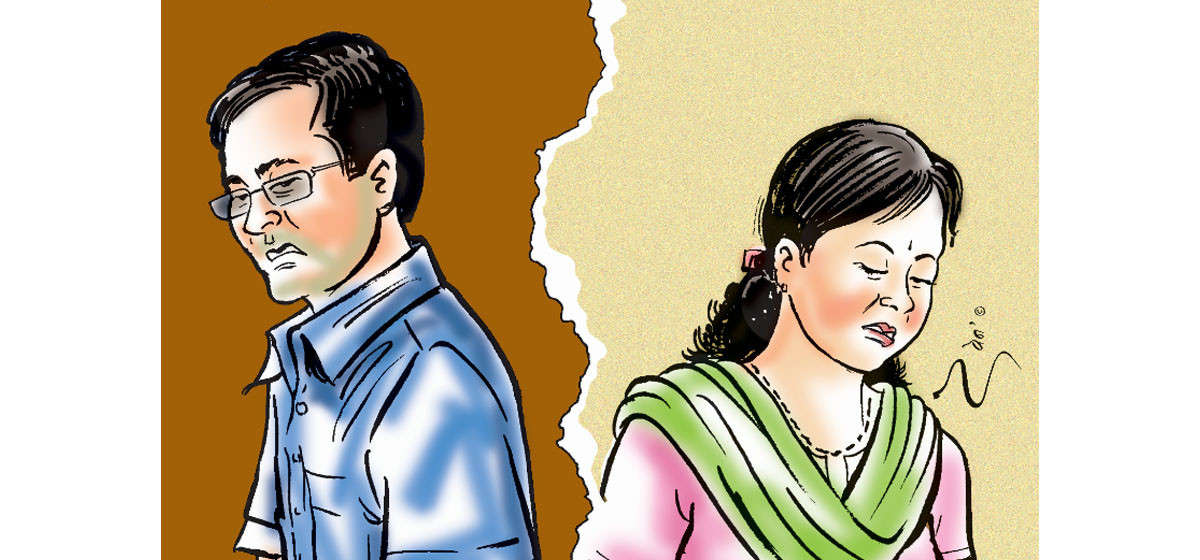
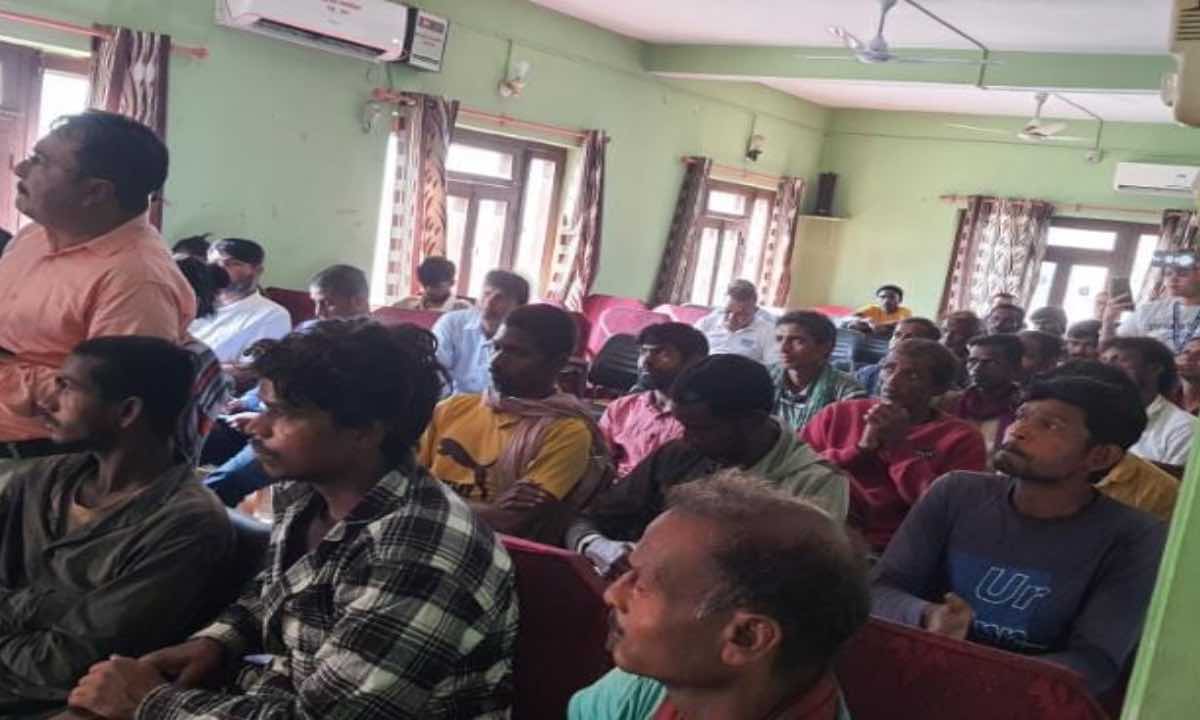
Just In
- Two children found infected with measles in Shuklaphanta
- Four NC ministers take oath of office and secrecy
- Dr Ruit and Journalist Chandra Kishore feted
- Kathmandu records highest number of divorce cases with 13 couples filing for divorce daily
- Rapid response team mobilized in Dhangadhi to contain cholera outbreak
- 28 workers held hostage in India rescued
- Simaltal bus accident: 40-kg magnet deployed to trace missing buses
- Youth of eight districts lead in foreign employment









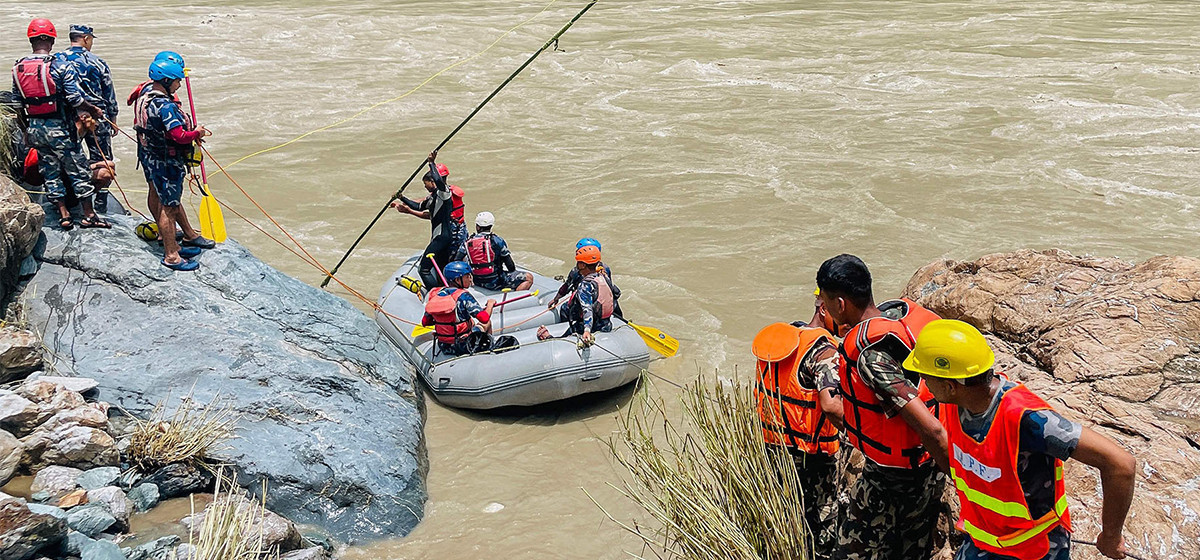
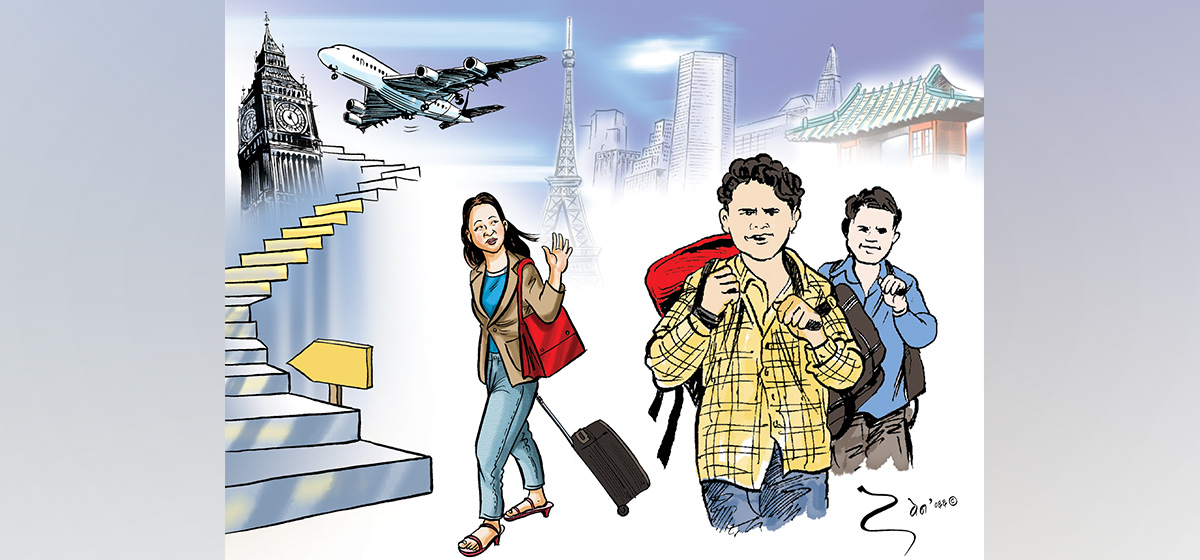
Leave A Comment